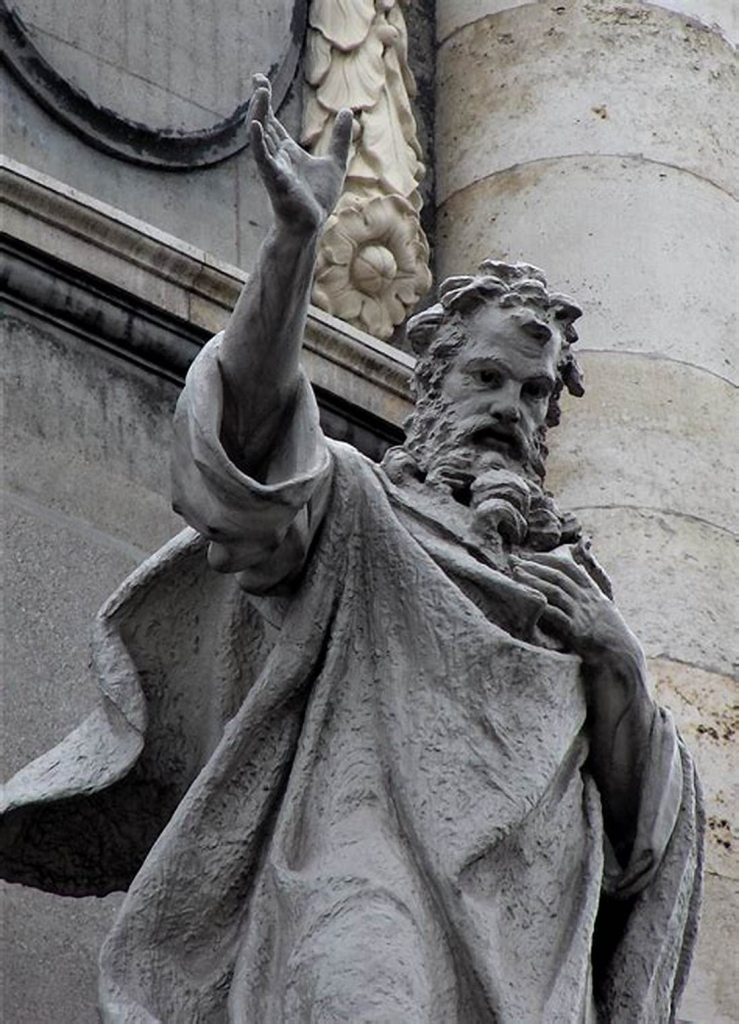My best friend, Sandy Shockley, turned me on to the stories of the Christian martyrs. She graciously accepted my invitation to submit some of their stories for this Church History series. This is the account of “The Holy Forty” of Sebaste.
The 40 Martyrs were Roman soldiers who were put to death in Sebaste, which is in Armenia today. The account of these martyrs is well-documented historically and inspired great faithfulness in the ancient Church.
Around the year 320, the emperor of the eastern Roman empire, Lucinius, issued a decree ordering every Christian to renounce their faith or face death. When this decree was announced to the Roman army, 40 soldiers of different nationalities—all part of a famous “Thundering Legion”—refused to comply with the order to sacrifice to Roman gods. They were brought to trial in Sebaste, and the governor there threatened them with disgrace if they continued, and promised promotions for any who renounced their faith. They all stood firm.
The governor then devised a plan to test their faith. They were to be placed upon a frozen lake, naked and exposed to the howling wind, until they either changed their minds or froze to death. The 40 did not wait to be stripped, but undressed themselves, and encouraged one another in the ordeal. A fire and warm baths were prepared at the edge of the lake, and they were told that they could come in from the ice and warm themselves if they turned away from Christianity.
For three days and nights, the group endured. One young soldier decided to leave the group for the warmth of the baths, but the shock to his system killed him. One of the guards, seeing this disgrace, was inspired by the resolve of the remaining 39. When he was off-duty, he fell asleep by the fire and had a dream in which angels descended upon the soldiers on the lake and crowned them. He counted only 39 crowns, and decided to join them. He put down his arms and cloak, proclaimed himself a Christian, and walked out to the group on the ice, bringing the number of martyrs back to 40.
By the morning of the fourth day, most were dead, and the remaining were killed. All the bodies were burned in a furnace, and their ashes thrown into a river. The Christian community recovered some of the charred remains. (Credit: University of Norte Dame Indiana)
(From me: Beloved, Christ may not call you to persecution and death for His Name, but He is calling you to uncompromising faithfulness.)










